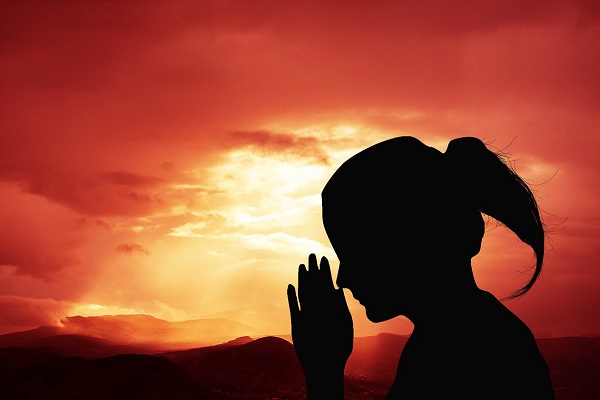
Examining the “Spiritual, not Religious” in America
- By Gary Nguyen --
- 13 Nov 2017 --

The spirituals are found to be more helpful and empathetic
A survey conducted by Public Religion Research Institute has resulted in findings which surpass standard religious identity[/tweetit]. Approximately 2,000 Americans participated in the PRRI survey during the first half of 2017. The results showed that 18 percent of Americans identify as spiritual but not religious. Persons who are part of the latter tend to be more educated and younger in age. Approximately 40 percent of those hold a four-year college degree. About 17 percent hold post-graduate qualifications. Their political views tend to be liberal when contrasted with their political peers. About 40 percent of them term themselves liberal. Approximately 27 percent of the U.S. population are neither religious nor spiritual.
Examining the “Spiritual, not Religious” in America[/tweetthis]
A surprising find when it comes to the spiritual but irreligious Americans is they continue to identify with specific religious traditions. Only about 30 percent are spiritual but unaffiliated with a religion. 18 percent describe themselves as a white mainline Protestant. An identical percentage, 18 percent, identify themselves as Catholic. About 13 percent belong to non-Christian religious traditions like Buddhism, Judaism, or Hinduism. Non-white Protestants are only 10 percent. Evangelical Protestants comprise five percent.

According to Dan Cox, the Research Director of the PRRI, spiritual but not religious Americans demonstrate more tendencies to assist others. These Americans are much more likely to help someone and do personal favors. This was found by the survey which discovered that 41 percent of Americans have permitted others to get ahead compared to only 30 percent of the non-spiritual Americans. This survey discovered that greater spiritual levels are proportional to better life satisfaction. About 61 percent of those surveyed spiritual but non-religious Americans and 70 percent of spiritual and religious U.S. residents are extremely or fully satisfied with their lives. The same opinion has been said by 53 percent of the religious but not spiritual, and 47 percent of people who are completely free from both spiritual and religious opinions.
The PRRI survey also found that spiritual Americans have a higher probability compared to people with less spiritual leanings to go through inspirational experiences with different kinds of media. About 49 percent of spiritual Americans have reported that they felt inspired, moved, or touched while viewing TV during the time period of the survey. In contrast, approximately 36 percent of the Americans who identify themselves as non-spiritual reported similar experiences.
Fascinating: abt 70% of people who say they're "spiritual but not religious" are religiously affiliated. https://t.co/9uZs6E5OBw
— William Black (@williamrblack) November 9, 2017


















